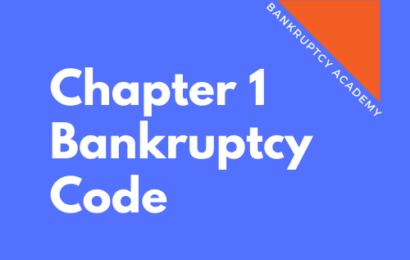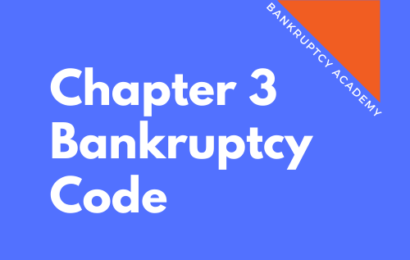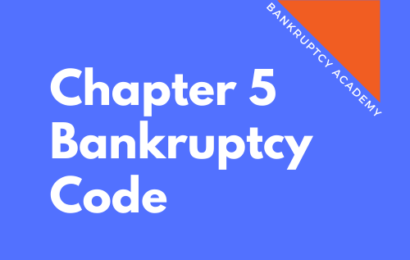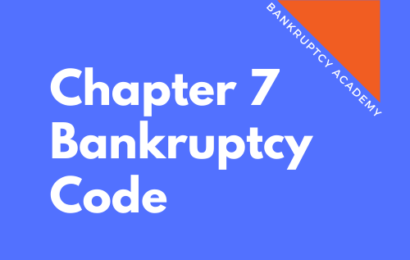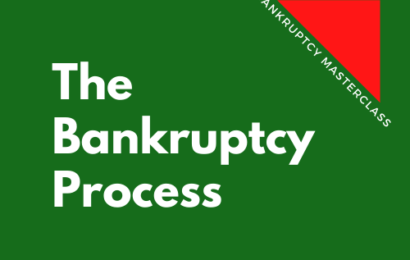
- Instructor: Attorney Bob Schaller
- Lectures: 13
Chapter 7 Discharge.
The bankruptcy discharge varies depending on the type of case a debtor files: Chapter 7, 11, 12, or 13. This course’s primary focus is the discharge granted to an individual in a Chapter 7 case.
What is a Discharge in Bankruptcy?
A bankruptcy discharge releases the debtor from personal liability for certain specified types of debts. In other words, the debtor is no longer legally required to pay any debts that are discharged. The discharge is a permanent order prohibiting debtor’s creditors from taking any form of collection action on discharged debts, including legal action and communications with the debtor, such as telephone calls, letters, and personal contacts demanding payment.
Although a debtor is not personally liable for discharged debts, a valid lien (i.e., a charge upon specific property to secure payment of a debt) that has not been avoided (i.e., made unenforceable) in the bankruptcy case will survive the bankruptcy and remain in full force after the bankruptcy case. Therefore, a secured creditor may enforce the lien to recover possession of the property secured by the lien after the discharge is granted. For example, a secured creditor could repossess a vehicle if the debt is not reaffirmed, and a mortgage lender could foreclose on real estate if the debtor defaults on the mortgage obligation. But that secured creditor would be restricted to obtaining possession of the asset only.
These videos were produced by the United States Court.

